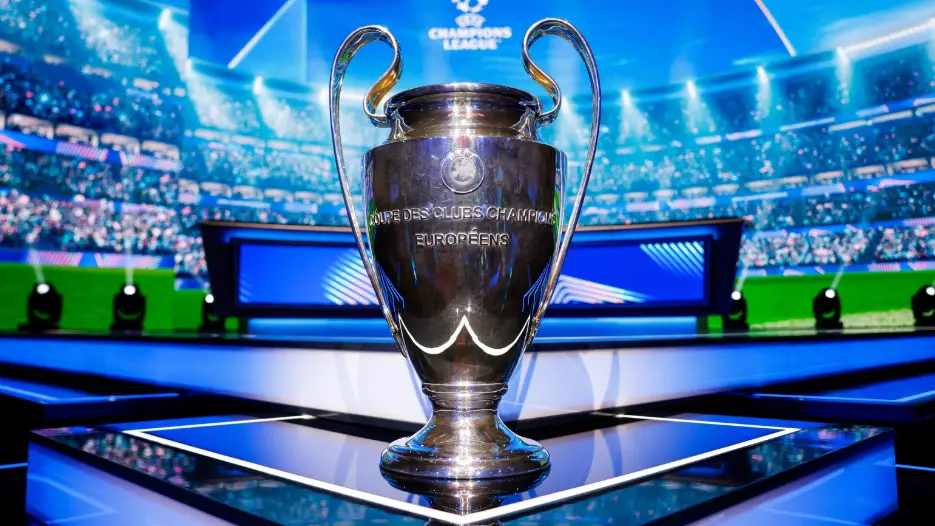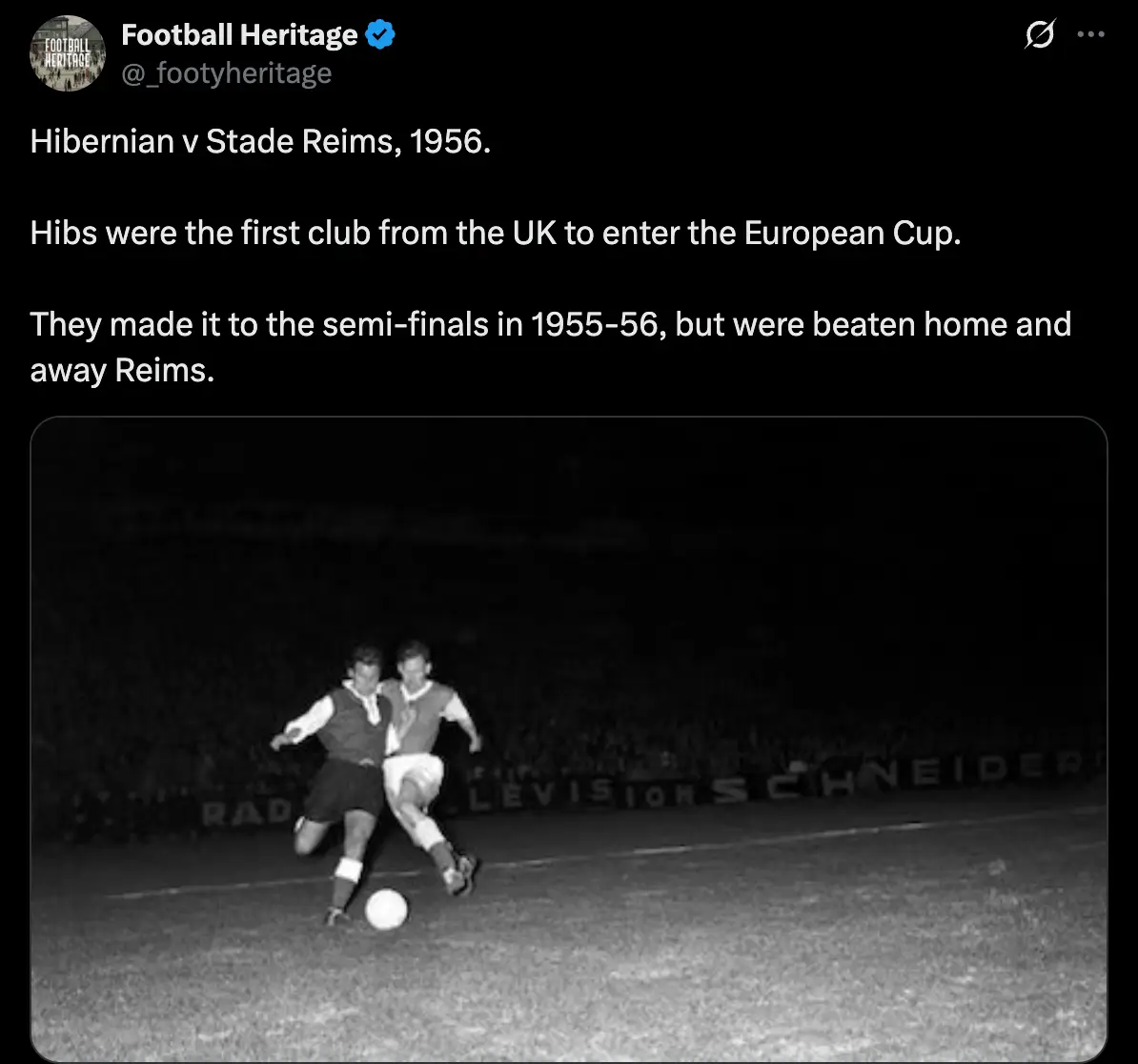
A total of 14 different clubs have boycotted the Champions League throughout its history - including two giants of the English First Division and Premier League.
Europe's leading continental competition rebranded in 1992 as the Champions League, having been known as the European Cup from 1955 onwards.
Unlike today's expanded format, the early years of the European Cup saw 16 domestic league winners invited to compete by UEFA.
And while football associations across Europe would not think twice about barring their clubs from taking part in the lucrative Champions League, the situation was different back in the 1950s.
Advert
Both the English and Scottish FAs were not receptive to the concept of a European Cup, mirroring their stance towards international football.
They simply did not want to play clubs or nations from outside of their own countries, with England not even becoming a member of FIFA until after World War II.
They only competed in their first World Cup in 1950.
As a result, Chelsea turned down the opportunity to play in the inaugural European Cup under pressure from the FA.
Scottish league champions Aberdeen earned the right to compete, but they were also forced to withdraw their entry.
It was instead Hibernian, who finished in fifth place, that became the first British club to compete in a continental competition.
As per BBC Sport, Hibs were selected by the SFA partly due to the fact that they had toured South America and Europe in the 1940s and 1950s, and therefore were much more well-known to fans across world football.
The other factor that worked in their favour was that they played in the only Scottish ground to have floodlights - the invention of the new technology being one of the key reasons behind the formation of the European Cup.
Hibs reached the semi-finals, losing to French side Reims.

Three years later, Manchester United were given a special invitation to compete in 1958/59 following the Munich air disaster, but their participation was turned down by the FA.
The year of 1961 saw another team boycott the European Cup - but for a much different reason.
Romanian side CCA Bucuresti withdrew from the competition after the preliminary round had been drawn, as they due to face Czechoslovakian side Spartak Hradec Kralove.
The country's own government forced Bucuresti to withdraw and boycott the competition after Romania had lost 5-0 on aggregate to Czechoslovakia in the 1960 European Nations' Cup quarter-final, as they feared further embarrassment.
In 1969, there were further politically-charged withdrawals when six different clubs from the Eastern Bloc all pulled out from the tournament.
UEFA had drawn together clubs from nations involved in the Soviet invasion of Czechoslovakia, with Bulgaria's Levski Sofia and Hungary's Ferencvaros both declining to compete against each other.
Poland's Ruch Chorzow and Dynamo Kiev - now of Ukraine but then representing the USSR - also refused to play their match.
And Czechoslovakia's Red Star Belgrade and East Germany's Carl Zeiss Jena both pulled out of their planned match.
In 1972, Albanian side KF Vllaznia won their domestic championship and earned entry into the European Cup.
But back then, sides from the nation had to receive permission from the Albanian government to travel. Vllaznia were not given the green light and therefore were effectively forced to boycott the competition.
In the same season, Northern Irish champions Glentoran were also forced to boycott the European Cup due to the ongoing troubles and security situation in their home country.
In the same year, Northern Irish clubs resigned from their own league system and moved into the League of Ireland for 13 years, though their clubs would qualify for Europe on a number of occasions from 1973 onwards.
Previously, Northern Irish champions Glenavon withdrew in 1970 due to the high cost of travel and lower revenues, as the club had been denied visas to travel for away matches and would have had to play at neutral venues.
Topics: Champions League, Football, Manchester United, Chelsea, UEFA, Premier League